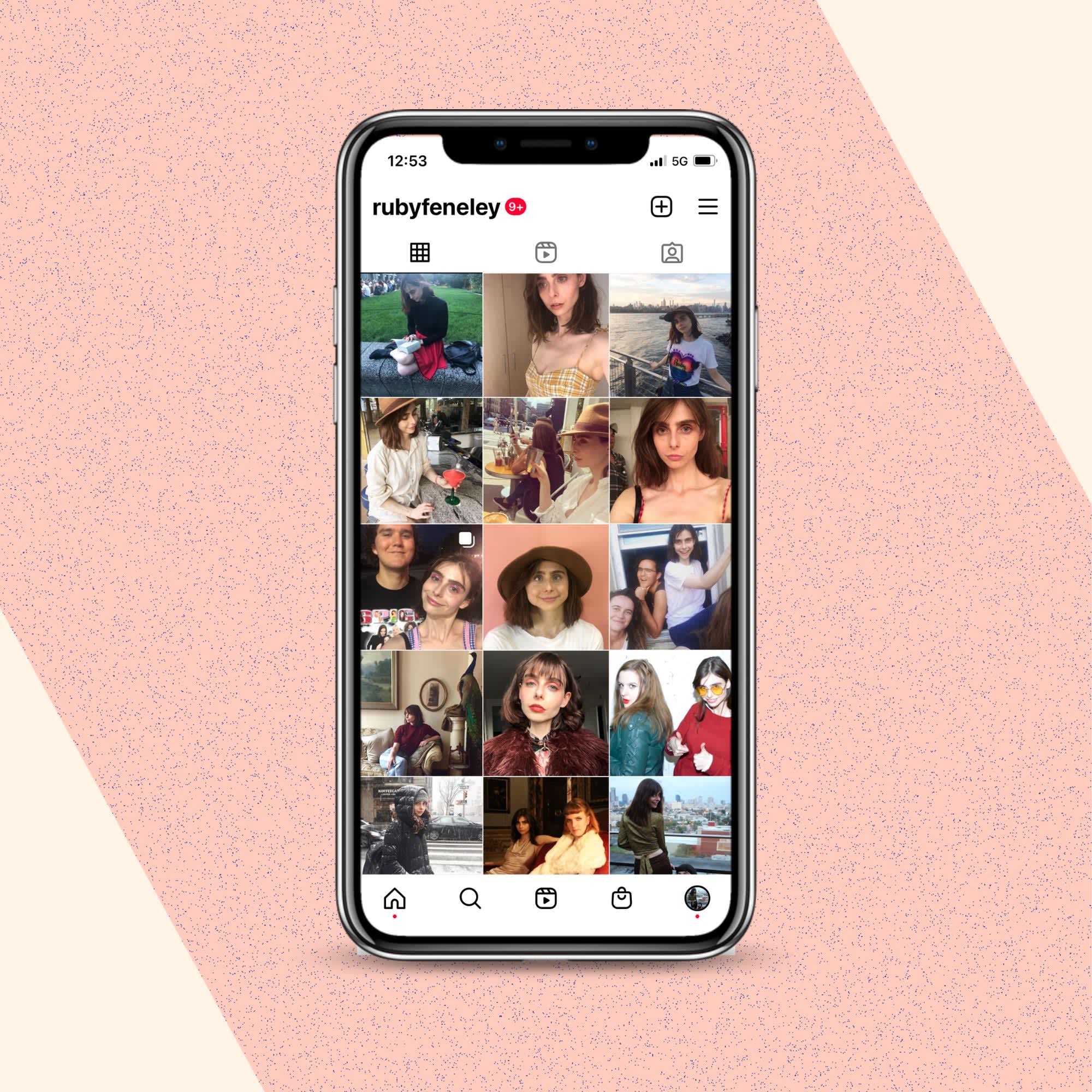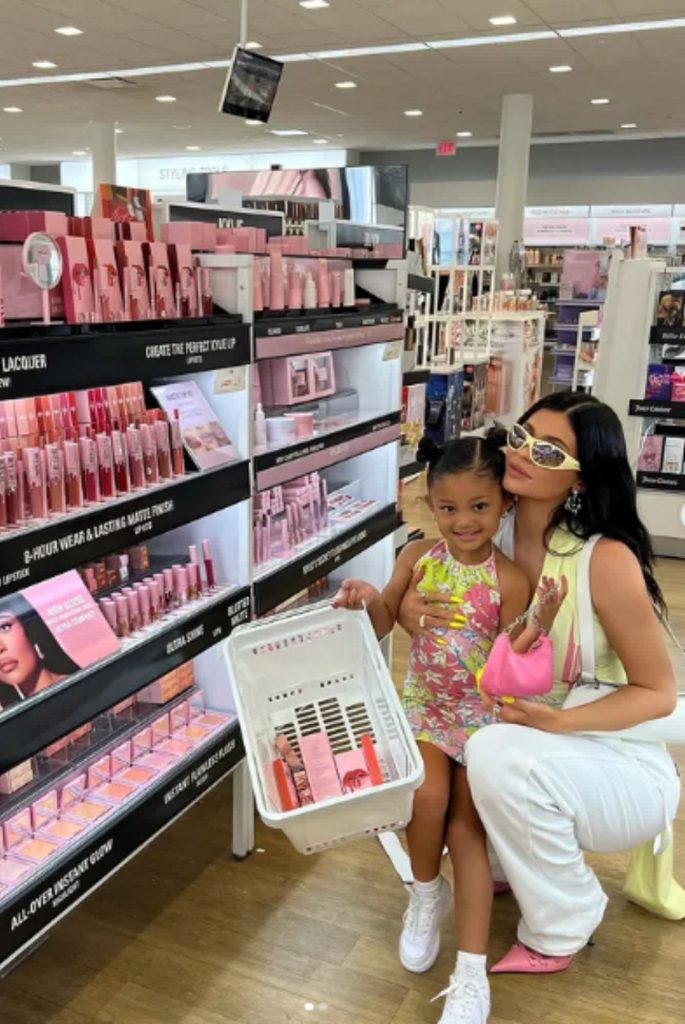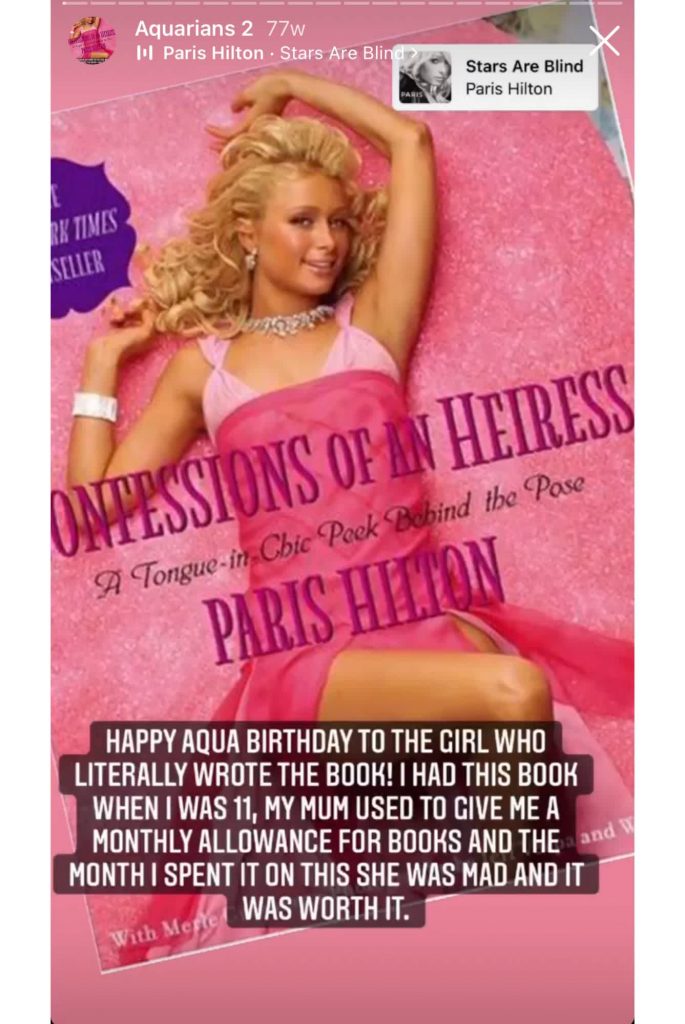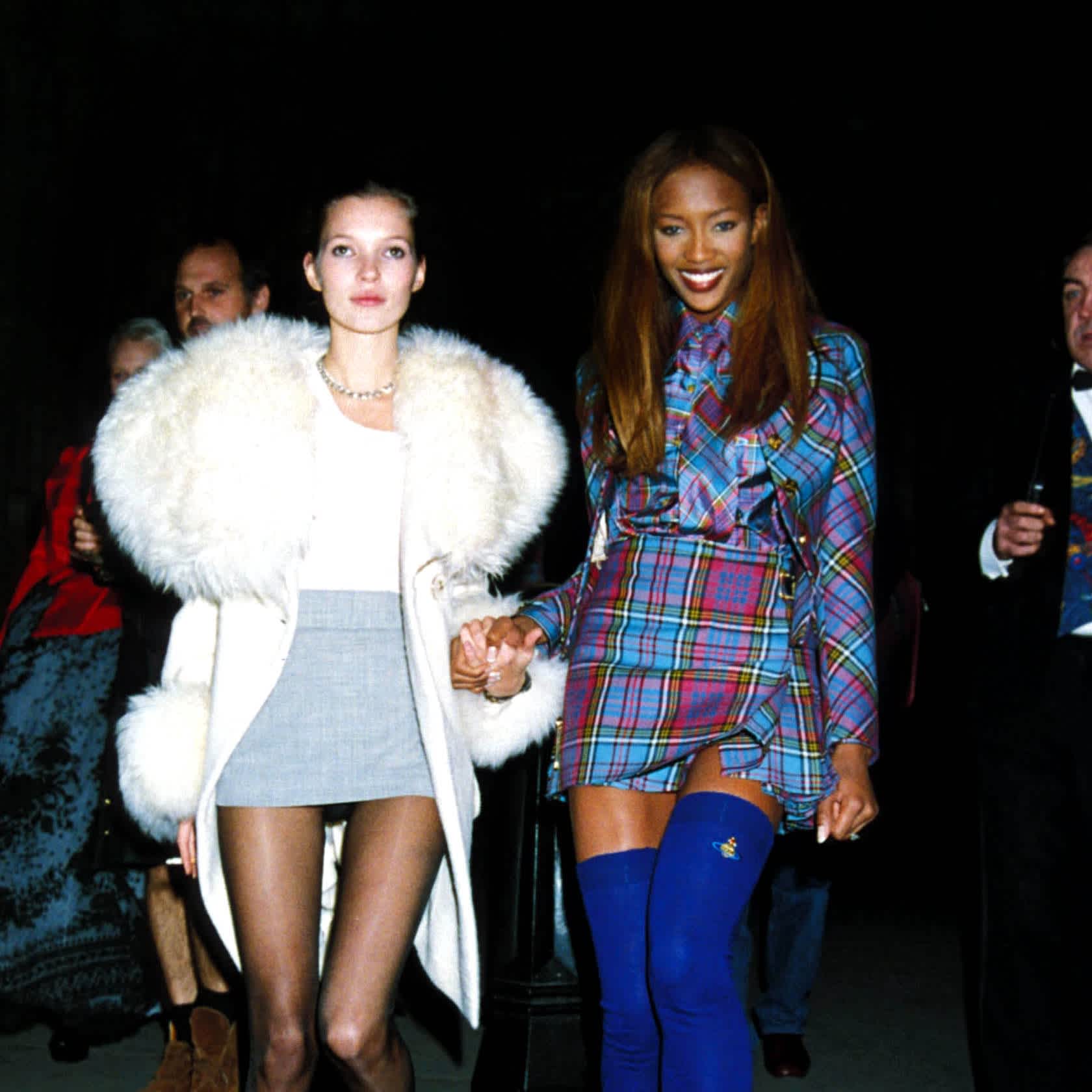
- POPSUGAR Australia
- Fitness
- I Put My IG on a “Millennial Pause” and It Was Surprisingly Chaotic
I Put My IG on a “Millennial Pause” and It Was Surprisingly Chaotic

Recently, everyone’s been talking about the “millennial pause” — the awkward split second before a millennial starts speaking in a video.
Coined by 28-year-old Youtuber and TikToker @nisipisa, it has now gone viral with Kate Lindsay’s article in The Atlantic. Lindsay wrote, “Unfortunately for me, today’s most culturally influential social platforms are not geared towards Millennials anymore”.
Indeed, it does feel like millennials are ageing out of the internet. Even millennial icons Kim Kardashian and Kylie Jenner have been indicating that they are not keeping up with the pace of change on Instagram, and need it to stop.
I can relate. Despite the fact that I am totally comfortable sharing photos of my face accompanied by diary-length walls of oversharing text on stories, the “millennial pause” gets me every time.
For me, the pause is associated with the total stage fright I feel recording myself talking on social media. Completely alone in my room, my heart races, my palms are sweaty, mom’s spaghetti etc. It’s how I felt delivering my year six school project in front of the classroom, but I’m 31, alone in my bedroom.

Related: Kim and Kylie Want the Old Instagram Back, But the CEO Is Doubling Down
Recently, I was feeling increasingly stretched and stressed on Instagram. My phone was reporting an 8-to-13 hour screen time, logging on gave me a vague sense of unease — a sense that I was using the app incorrectly and that this was bad. But what to do?
Going off apps, even for short periods of time, is often nervously referred to as “going off the grid.” For millennials and Gen Zs it can feel dangerous.
Millennials and Gen Zs share one thing in common: we are more likely to work in creative roles than our predecessors and have only ever worked in the “gig economy.”
Whether it’s promoting our side hustles, maintaining a second income stream as a micro-influencer, or harnessing the power of social media for our employers, apps like Instagram and TikTok aren’t simple “opt-outs” for our generation.
Related: What is Cheugy? If You Have To Ask… You’re It
Furthermore, it’s strange to not be on social media, and being confronted with individuals who don’t mirror our behaviour creates suspicion. One look at Quora and Reddit — full of questions like “Should I not date a guy who doesn’t have an Instagram account?” or “Would you date someone who wasn’t on social media?” — will confirm that we are supposed to be on social media.
Still, I was tired, and stressed out, so I decided to take the “millennial pause” literally, and logged off for a week.
What Happened When I Checked Out

So, I literally millennial paused my account, aka deactivated my Instagram. What I didn’t realise was that when you temporarily deactivate your account, it disappears completely. This caused immediate drama.
I received about 10 Facebook messages from people I barely speak to outside the app asking if I’d blocked them. This caused huge anxiety. What if the work contacts who follow me on Instagram thought I’d blocked them? Within hours of deleting the app I was sincerely thinking “I wish Instagram had an out-of-office”.
I received more messages asking if I was “okay”. The assumption that I was having a nervous breakdown made me even more embarrassed. How many other people were wondering this?
More loose contacts messaged me on Facebook about work stuff — did I know an influencer who could help them on a project? What was that primer I mentioned on stories six weeks ago? They were standing in MECCA right that moment.
What I assumed would give me a feeling of relief, was immediately causing chaos.
Eventually, the dust settled I embarked on My Week Without Instagram, but again, I found myself surprised. I realised how many people I talk to on a weekly basis who I only interact with on Instagram. Some of them are “work friends” who live interstate who I’ve never actually met. Some of them are people I knew in high school or at uni, who were never part of my social circle. Instead, years later, we’ve reconnected over story reacts.
Less surprisingly, I realised that checking Instagram is a physical reflex — if I ever permanently deleted the app it would probably take me years to stop reaching to check my DMS and feeling confused at a blank screen.
Related: How a Body-Positive Movement on Instagram Inadvertently Destroyed My Confidence
I had paused Insta to take care of my mental health. My attention felt constantly stretched over a million things, and it felt like Instagram was the culprit.
At the same time, I found that a lot of the conversations I usually had on Instagram were conversations I wouldn’t have IRL, and I missed them!
When people reacted to my stories about work stress, covid anxiety, bereavement or vents about casual misogyny — often with their own stories — it made me feel less alone. I realised that while Instagram itself can be extremely problematic, DM culture is often quite supportive and confessional.
Millennials and the “Off-Label Use of Instagram
Like Boomers awkwardly thought projecting on Facebook, millennials use Instagram “off-label”. We share memes and static stories with walls of text when we should be posting reels to our grid. Rather than “direct message”, DMs could also feasibly stand for “deep and meaningfuls”, and if printed would be book-length.
We’re trying to fit a deeply personal, rigidly static, Myspace and Tumblr-shaped peg into an increasingly chaotic, TikTok-shaped hole, and Instagram is asking us to stop being so clingy. They’ve changed.
One thing I would say about my week without Instagram was I paid more attention to the people in my physical life, and the things around me. I had better conversations with my housemates and old friends when I wasn’t half distracted by intense Instagram conversations, or snooping on a stranger. I watched movies and TV shows with my actual eyes, instead of double or triple screening and, surprise, enjoyed them more. When I spent time outside, I felt more connected to nature and not concerned that I should be documenting my leisure activities.
Now I’m back on Instagram I am posting far less, and I’m sure the algorithm is more disappointed in me than ever.
But, it is a relief to be back on the grid.


